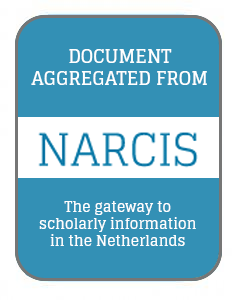Human rights, formalisation and women’s land rights in southern and eastern Africa
How can the abstract principles of the human rights-based approach (HRBA) be translated into practical strategies to improve women's ownership and access to land? In Tanzania, Mozambique, South Africa, Zimbabwe, and Kenya, despite changes in national law and policy aiming to improve women's land tenure, none of the land reforms meet human rights standards. This is because legal regulation of land blurs with customary laws mostly relating to land transactions and family, marriage or inheritance.


